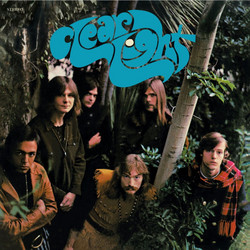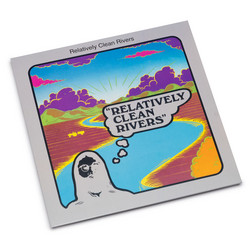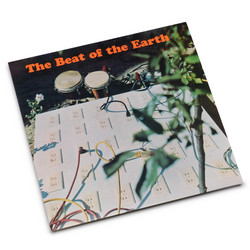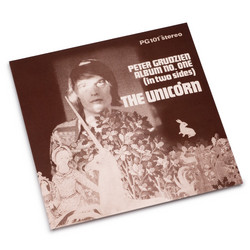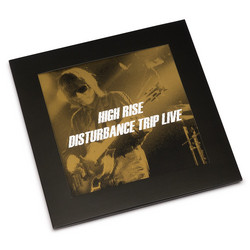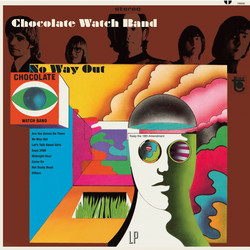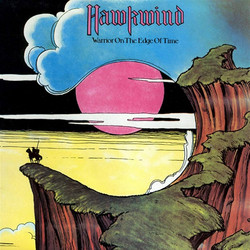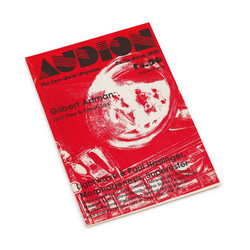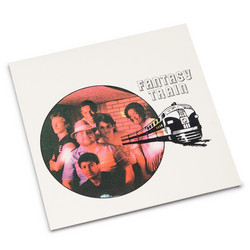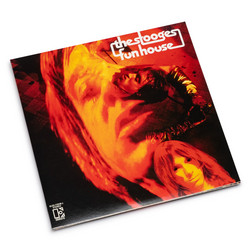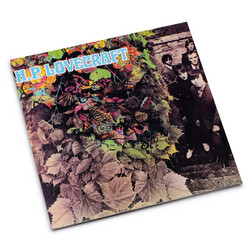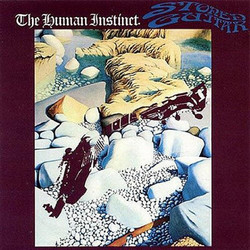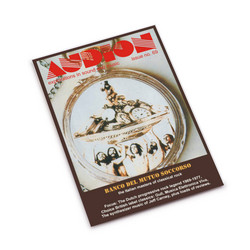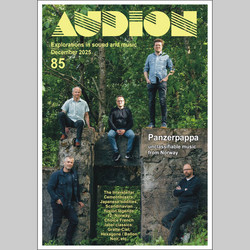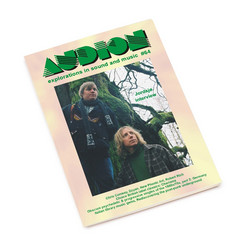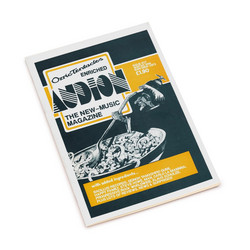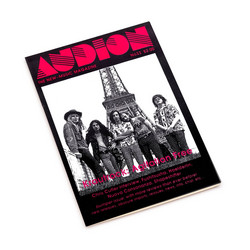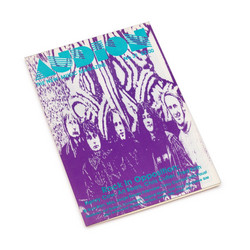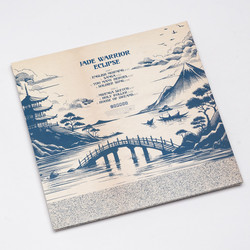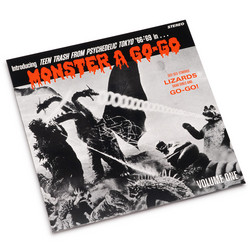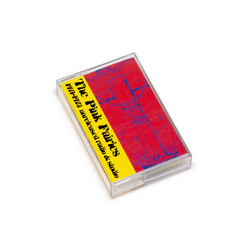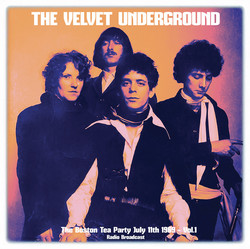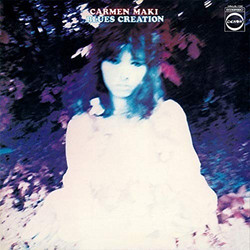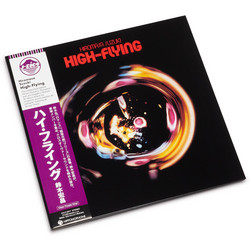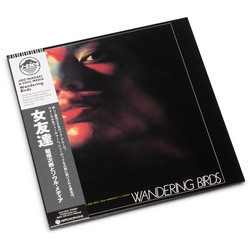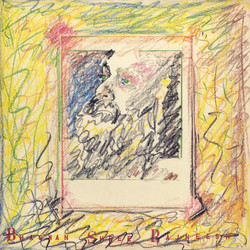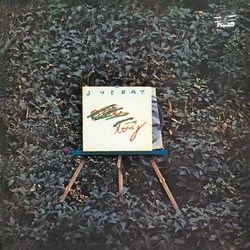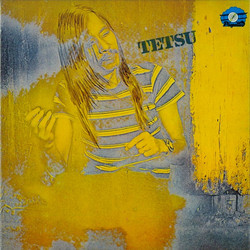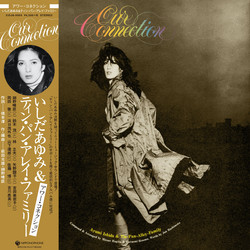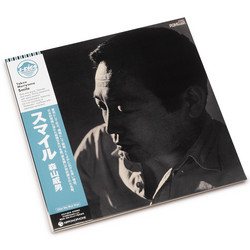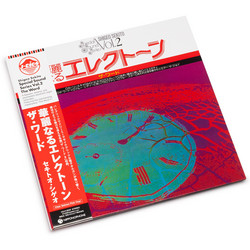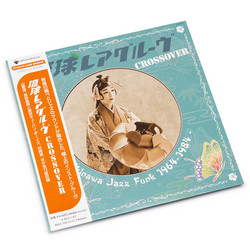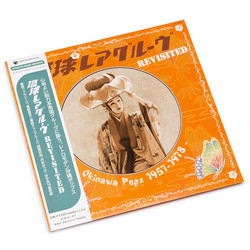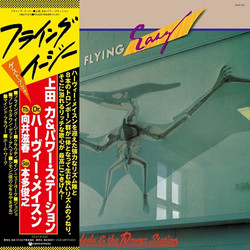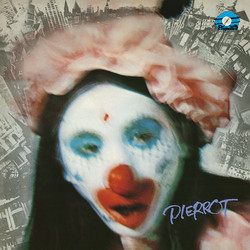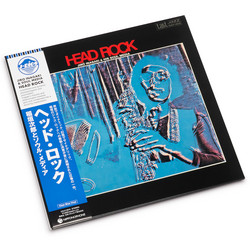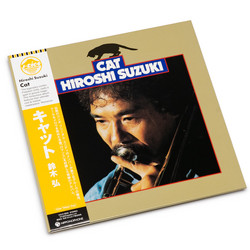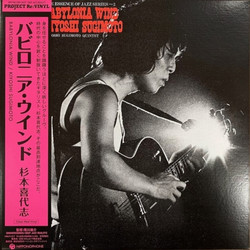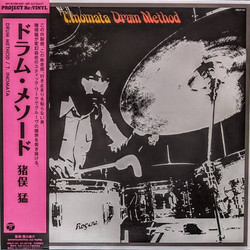Blues Creation’s seminal album, "Demon & Eleven Children," stands as a landmark of Japanese rock history, pioneering the proto-metal genre from the East. Released on August 25, 1971 by Denon, this album marks Blues Creation’s first full-length venture into original songwriting and showcases the explosive creative energy of guitarist and bandleader Kazuo Takeda.
Featuring a transformed lineup—including Hiromi Osawa on vocals, Masashi Saeki on bass, and Masayuki Higuchi on drums—the band evolved from their roots in authentic Chicago blues to forge a heavier, more blues-rock style. Takeda’s songwriting and guitar work drew inspiration from British and American acts such as Black Sabbath, Deep Purple, and Led Zeppelin, yet imparted a distinctly Japanese voice that laid the foundation for a new era in rock.
"Demon & Eleven Children" erupts with "Atomic Bombs Away," opening with a doomsday blast and monumental riffs. Throughout the album, listeners encounter electrifying power chords in tracks like the epic title piece, "Demon & Eleven Children," and diverse excursions into bluesy and jazz-tinged territory with "Mississippi Mountain Blues" and "Sorrow." The record’s broad musical palette and intensity have earned it "legendary status," with critics lauding it as a proto-metal masterpiece whose only limitation in achieving international superstardom was geographical isolation.
Critics and fans alike have highlighted Takeda’s virtuosic guitar work and Osawa’s evocative vocals. The album's legacy endures: celebrated as one of the most important contributions to Japanese rock, it is revered among collectors and has been featured in Julian Cope’s definitive "Japrocksampler" as a top classic of the genre.
